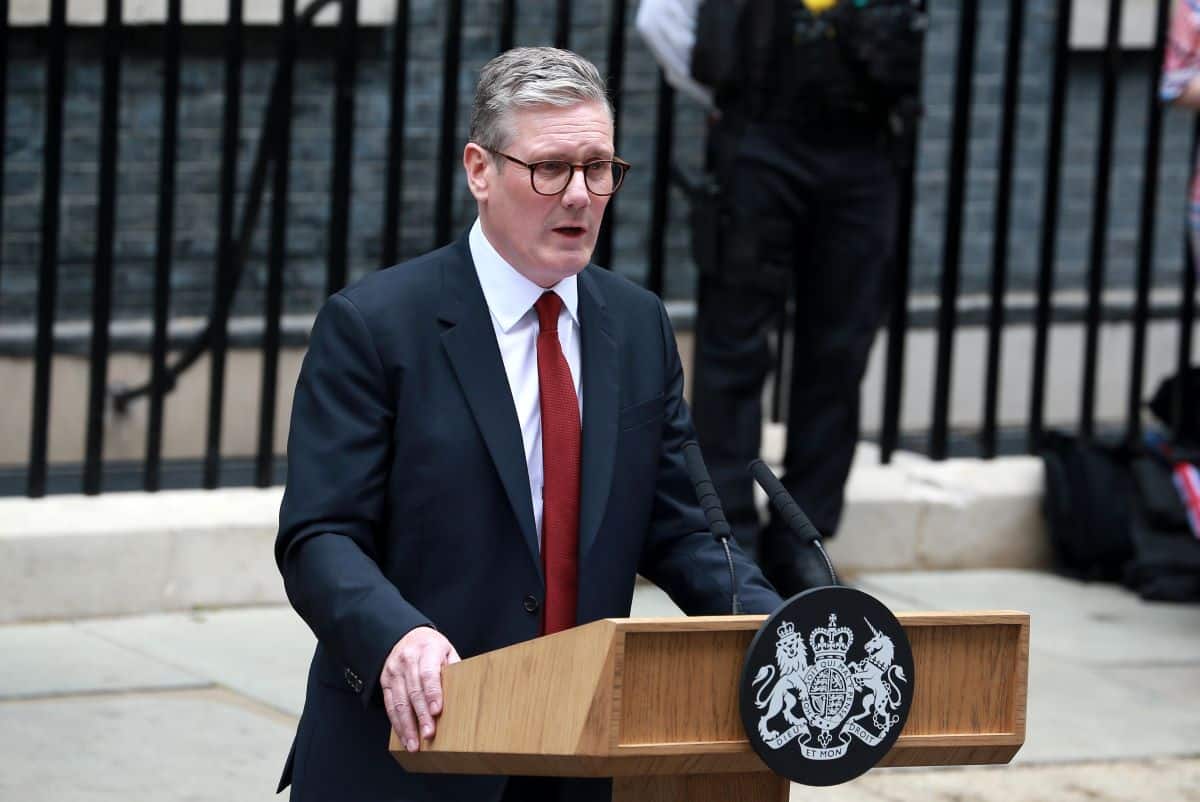As Keir Starmer’s Labour Party takes the helm, a raft of policy reversals and new initiatives has triggered hot debates. Here’s a look at the key policies stirring up controversy.
1. Reversal on Nationalisation

Initially advocating for broad nationalisation, Starmer’s shift to only partially nationalising sectors like railways, while pushing for stricter regulations elsewhere, has raised doubts about his commitment to reducing private control in essential services.
2. Flip-Flop on Freedom of Movement
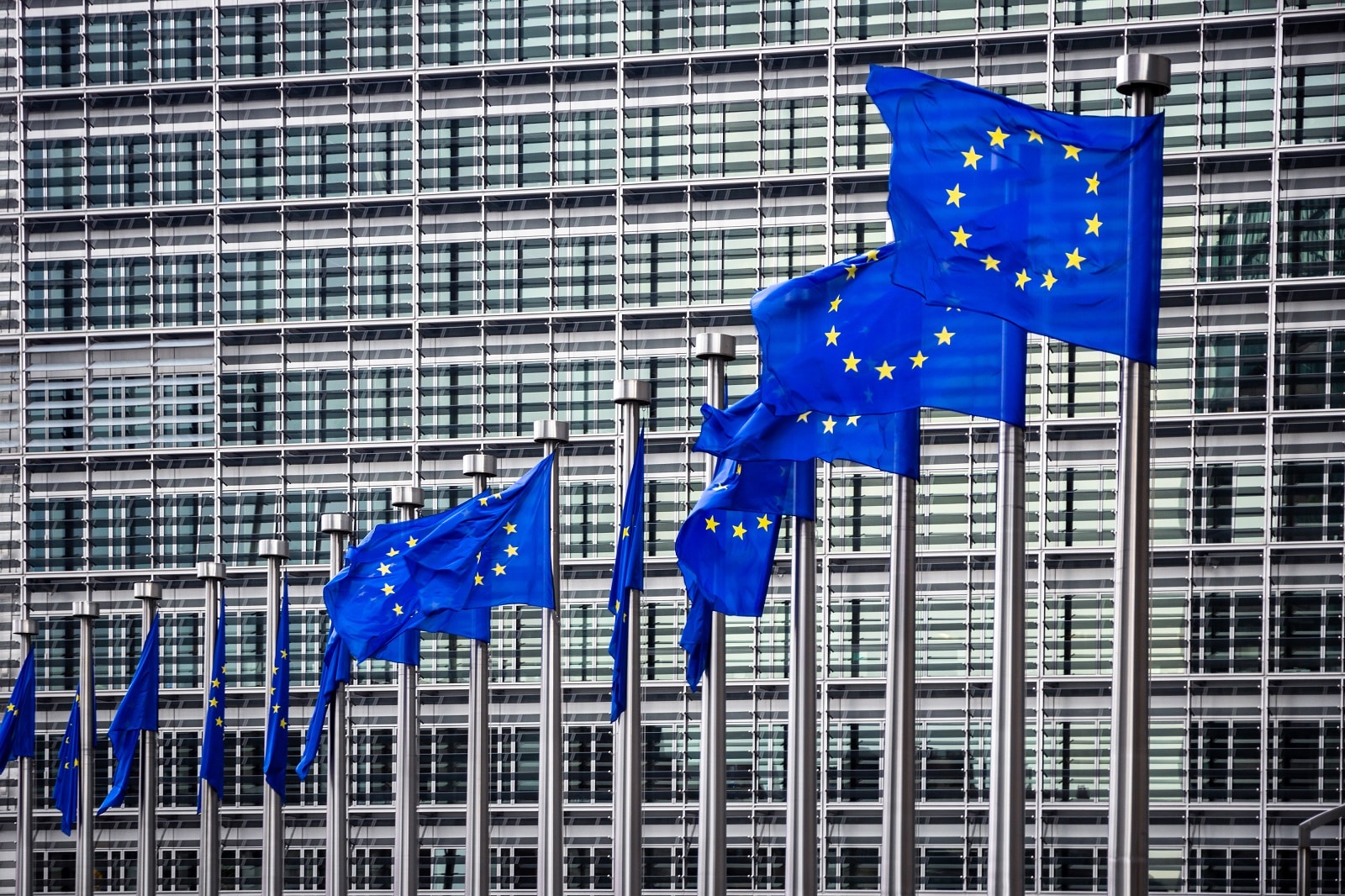
Starmer’s withdrawal from his pro-freedom of movement stance to firmly opposing its reintroduction post-Brexit has alienated pro-EU members and voters, challenging his image as a unifier within the party.
3. Increased Defence Spending

Increasing defence spending to 2.5% of GDP aligns Labour with NATO goals but contradicts previous anti-militarisation sentiments within the party, sparking debates over national security versus peace advocacy.
4. Drug Policy Conservatism

Choosing not to prioritize progressive drug reform policies, despite internal and external calls for decriminalization, has positioned Starmer as out of touch with global shifts toward more liberal drug laws.
5. Economic Stability With Fiscal Lock
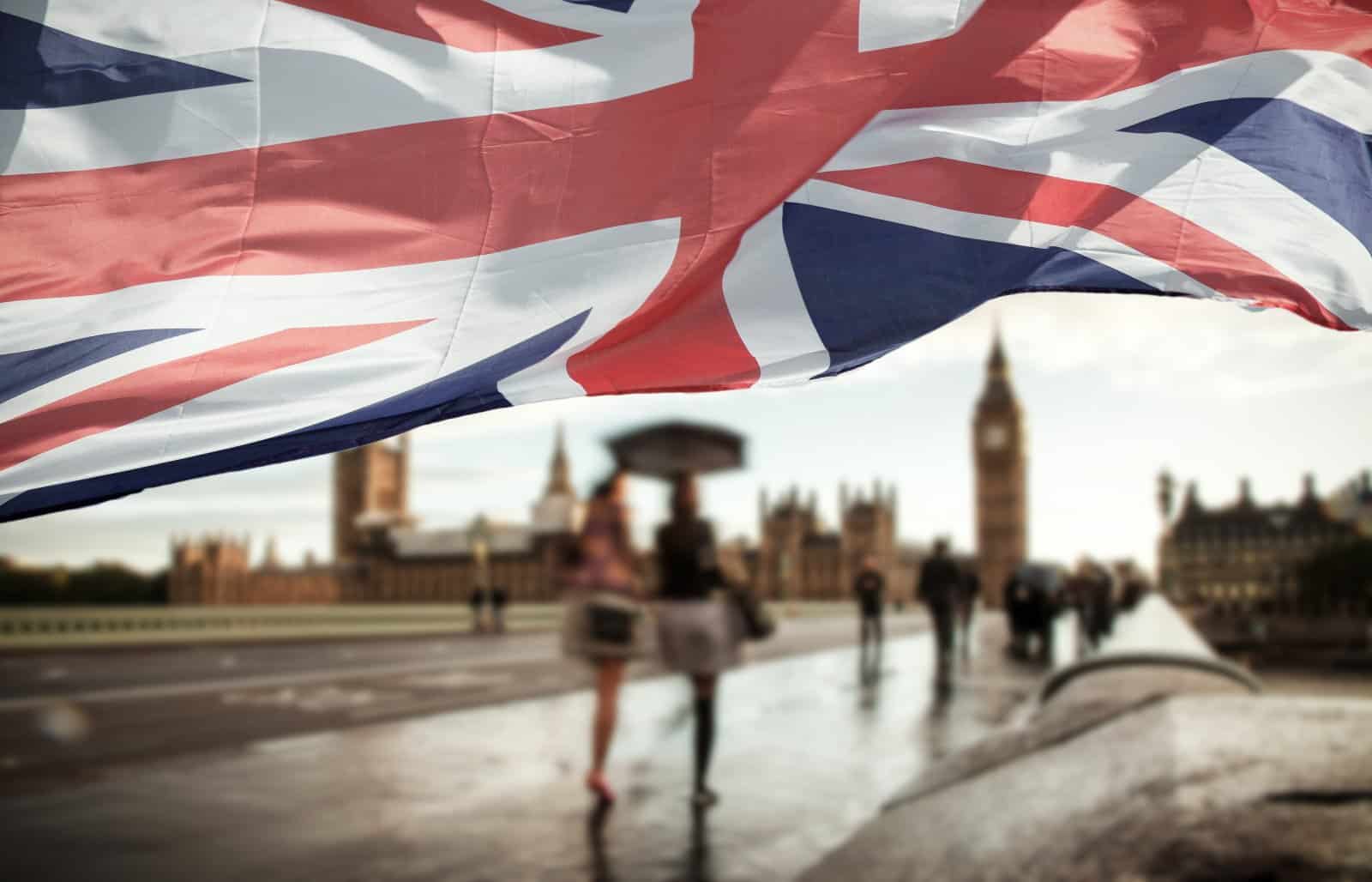
Implementing a fiscal lock may safeguard economic stability, but it restricts government flexibility in crises, prompting criticisms that it may hinder timely and effective responses to economic downturns.
6. Asylum System Overhaul

Toughening asylum laws with anti-terrorism-style measures has been criticized for potentially violating human rights and for its harsh stance towards refugees and asylum seekers.
7. Scaling Down the Green Prosperity Plan
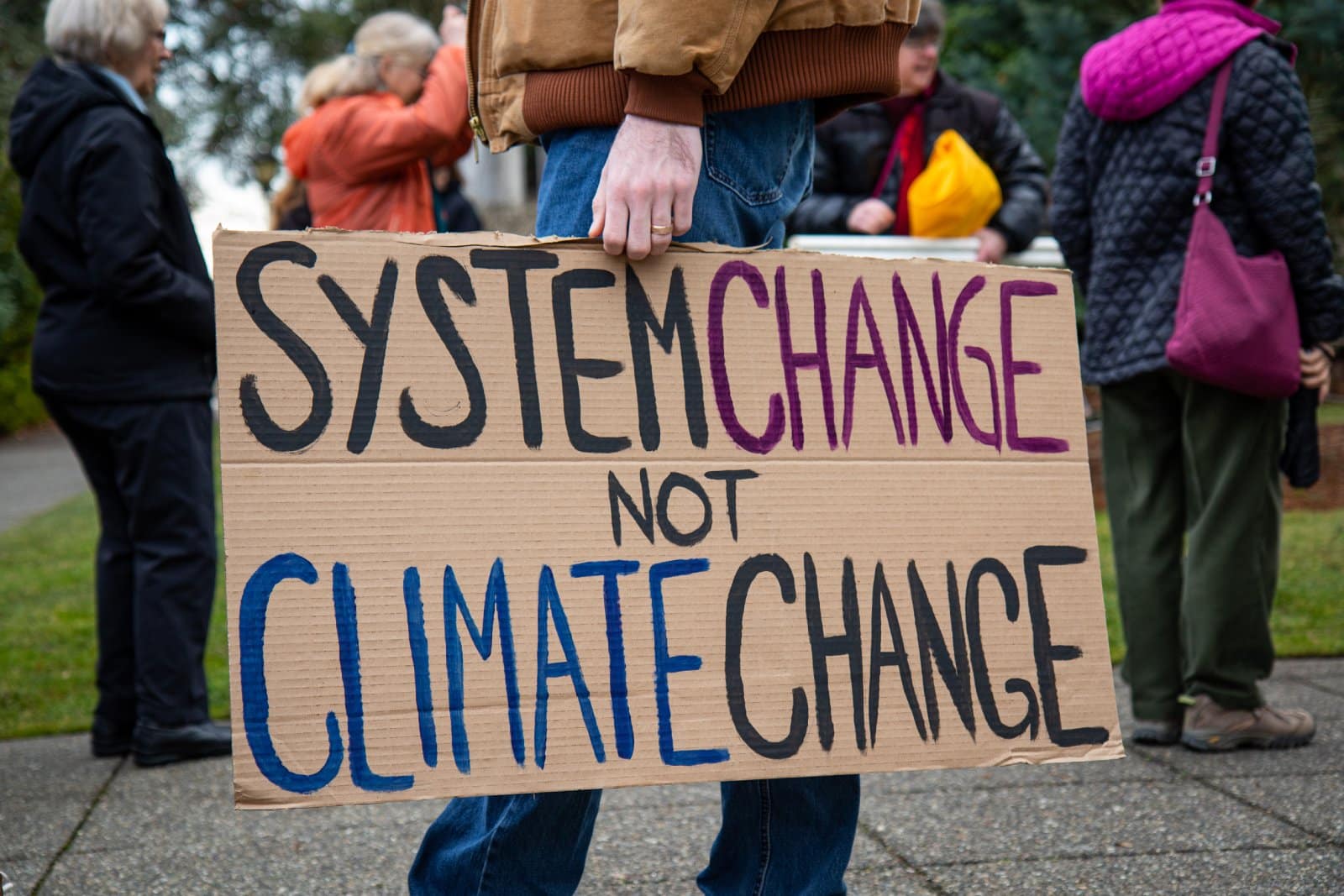
Dialling back on the ambitious Green Prosperity Plan has disappointed environmental advocates, questioning Labour’s dedication to combating climate change.
8. Handling of the Israel-Palestine Conflict

Starmer’s comments on Israel’s actions in Gaza have drawn ire for perceived insensitivity and have exacerbated tensions within the party and its supporters.
9. Women’s Rights Initiatives

While enhancing support for rape victims in court is a positive step, some critics argue these measures are not comprehensive enough to address the broader issues of gender inequality.
10. Stance on Saudi Arms Sales

The ambiguous position on halting arms sales to Saudi Arabia contrasts starkly with previous commitments, stirring discontent among human rights proponents.
11. Gender Ideology in Schools

The proposed ban on teaching “gender ideology” in schools has sparked a backlash from LGBTQ+ groups and advocates for comprehensive sexual education, highlighting a divide between traditional and progressive values.
12. Public Education Investment

Shifting funds from private to public schools is controversial; while aiming to balance educational opportunities, it has triggered debates on educational autonomy and funding.
13. NHS Waiting Times

Plans to invest in NHS diagnostic tools and reduce waiting times are seen as essential but also as reactive measures that don’t address the systemic issues causing these delays.
14. Crime and Policing Strategies

Applying severe crime tactics to repeat offenders raises concerns about civil liberties and the potential for over-policing, reflecting a tough stance that may not address the roots of crime.
15. Living Wage Adjustments

Adjusting the minimum wage to reflect living costs is popular but faces scrutiny over economic impacts and feasibility, especially from business sectors concerned about increased expenses.
16. Gender and Trans Policies

The cautious handling of gender identity issues and education policies has been controversial for potentially stifling dialogue on gender diversity and alienating LGBTQ+ communities.
The Labouring Oars of Governance
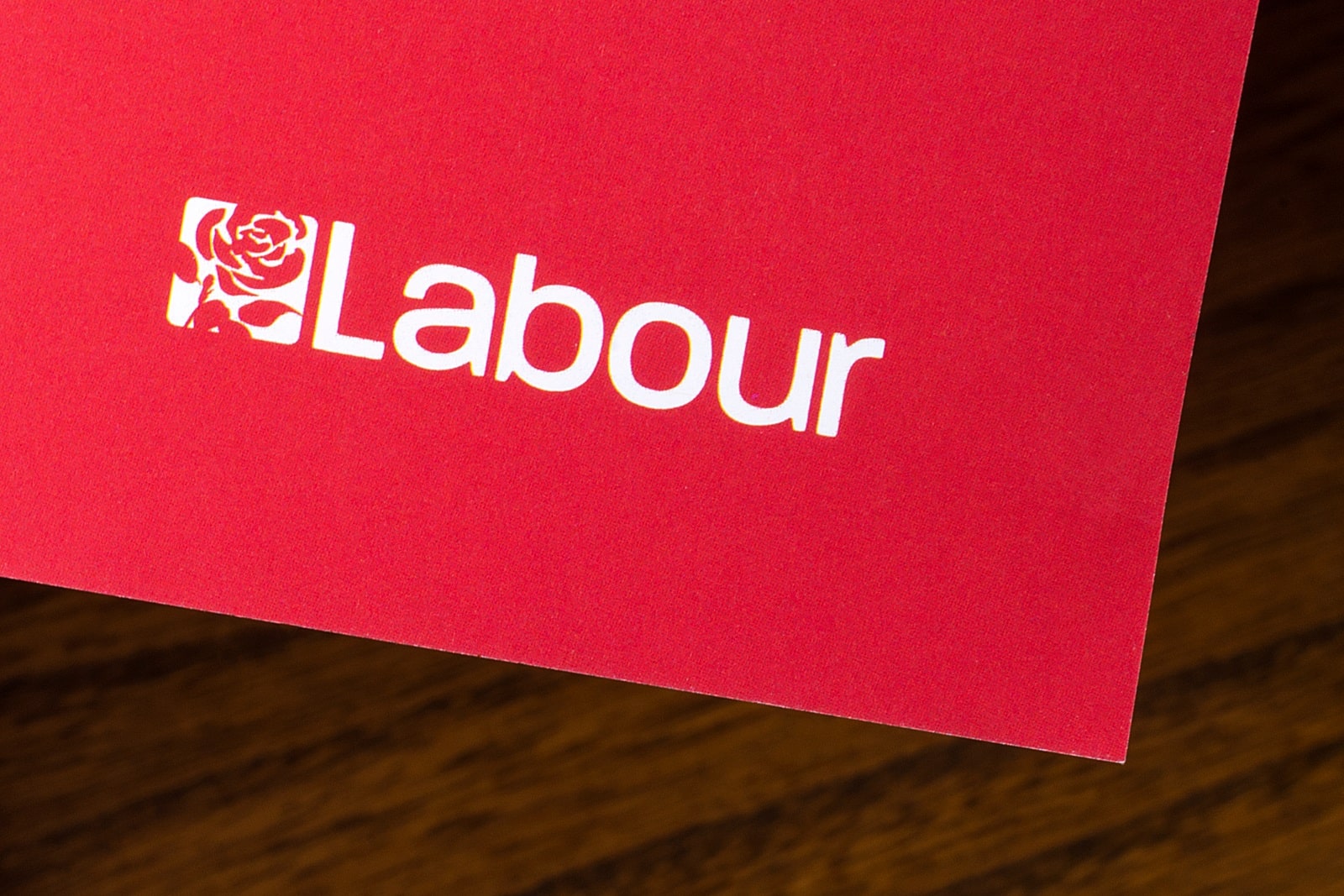
As the new Labour government pivots from campaigning promises to practical governance, the mix of pragmatic adjustments and controversial shifts paints a complex picture of Keir Starmer’s leadership. Will these policy directions prove to be necessary compromises or missteps in addressing the UK’s pressing issues? Only time will tell how these policies will shape our nation’s future.
Featured Image Credit: Shutterstock / Fred Duval.
For transparency, this content was partly developed with AI assistance and carefully curated by an experienced editor to be informative and ensure accuracy.
The images used are for illustrative purposes only and may not represent the actual people or places mentioned in the article.

